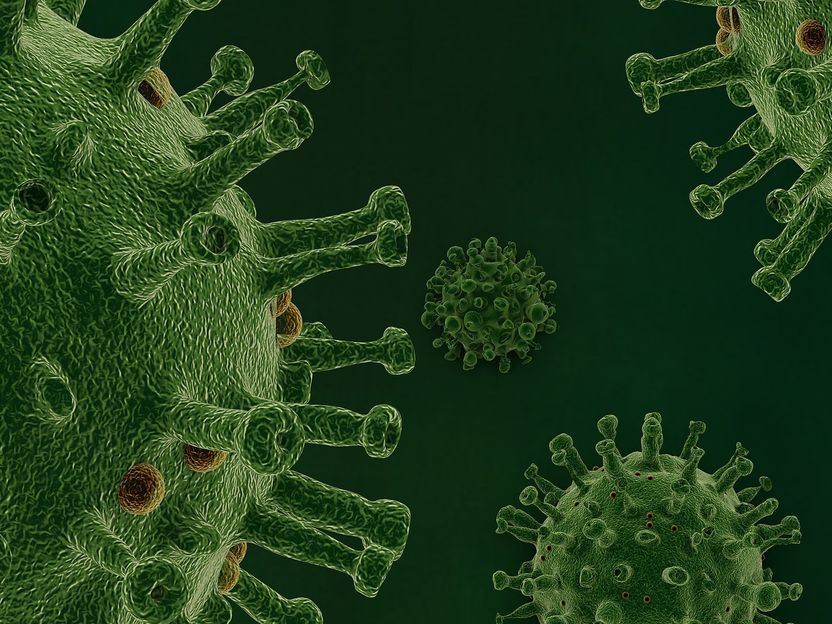Scientists reveal how natural antibiotic kills tuberculosis bacterium
Advertisement
A natural product secreted by a soil bacterium shows promise as a new drug to treat tuberculosis report scientists in a new study published in EMBO Molecular Medicine. A team of scientists working in Switzerland has shown how pyridomycin, a natural antibiotic produced by the bacterium Dactylosporangium fulvum, works. This promising drug candidate is active against many of the drug-resistant types of the tuberculosis bacterium that no longer respond to treatment with the front-line drug isoniazid.
“Nature and evolution have equipped some bacteria with potent defense mechanisms to protect them against other bugs that share their habitat. Screening natural products generated by these organisms is therefore a powerful way to find possible new drugs to fight infectious diseases,” said Stewart Cole, lead author of the study, EMBO Member and a professor at the École Polytechnique Fédérale de Lausanne (EPFL), Switzerland. “Using this approach we have shown that nature’s antibiotic pyridomycin is a very selective killer of Mycobacterium tuberculosis, the bacterium responsible for tuberculosis in humans. It is also active against mycobacteria that have developed resistance to front-line drug treatments such as isoniazid.”
The researchers identified a protein, the enzyme NADH-dependent enoyl(acyl carrier protein) reductase or InhA, which is the principal target for the antibiotic. “By selecting and isolating M. tuberculosis mutants resistant to pyridomycin and sequencing their genome we have found that a single gene named inhA is responsible for resistance to this natural product,” added Cole.
The gene inhA is needed to produce the InhA protein, which is already known as a target for tuberculosis drug isoniazid. It turns out that pyridomycin can bind to the same pocket on the InhA enzyme as isoniazid but at a different site and in a way that involves a different sequence of molecular events. It is these differences that give pyridomycin the ability to overcome drug-resistant strains of mycobacteria.
The scientists showed that in live bacteria treatment with pyridomycin leads to the depletion of mycolic acids, fatty acids that are an essential component of the bacterial cell wall.
“Our finding that pyridomycin kills Mycobacterium tuberculosis by inhibiting InhA, even in clinically isolated bacteria that are resistant to the drug isoniazid, provides a great opportunity to develop pyridomycin or a related agent for the treatment of drug-resistant tuberculosis,” remarked Cole.




























































